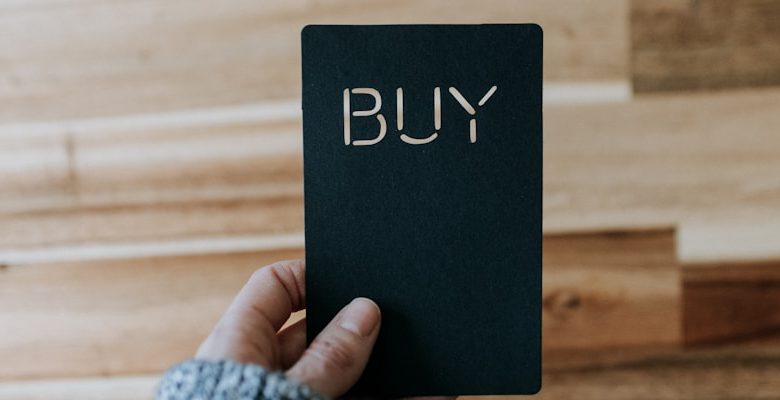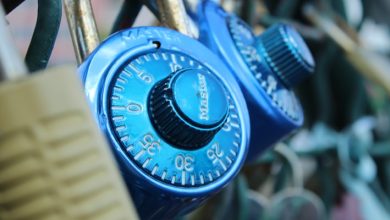How to Protect Your Crypto Wallet from Hackers

- Understanding the risks of crypto wallet hacking
- Best practices for securing your crypto wallet
- Choosing a secure password for your crypto wallet
- The importance of two-factor authentication in crypto security
- Avoiding phishing scams targeting crypto users
- Keeping your crypto wallet safe from malware attacks
Understanding the risks of crypto wallet hacking
Cryptocurrency wallet hacking is a significant risk that all crypto users should be aware of. Understanding the potential vulnerabilities can help you take the necessary precautions to protect your digital assets. One common way hackers target crypto wallets is through phishing attacks. They may send emails or messages pretending to be from a legitimate source, tricking you into revealing your private keys or passwords. To avoid falling victim to phishing scams, always double-check the sender’s email address or contact the company directly if you’re unsure about the authenticity of the message.
Another risk factor to consider is the security of the exchange or platform where you store your cryptocurrencies. If the platform gets hacked, your funds could be at risk. It’s crucial to choose reputable and secure exchanges with a track record of prioritizing user security. Additionally, consider using hardware wallets or cold storage options for an extra layer of protection. These physical devices are not connected to the internet, making them less vulnerable to online attacks.
Regularly updating your wallet software is also essential for staying ahead of potential security threats. Developers often release patches and updates to fix any vulnerabilities that hackers could exploit. By keeping your wallet software up to date, you can mitigate the risk of falling victim to known security issues. Lastly, consider enabling two-factor authentication (2FA) for an added layer of security. This extra step can help prevent unauthorized access to your wallet, even if your password is compromised.
In conclusion, understanding the risks of crypto wallet hacking is the first step towards safeguarding your digital assets. By staying informed about common attack vectors and implementing security best practices, you can minimize the likelihood of falling victim to hackers. Remember to always prioritize security when it comes to managing your cryptocurrencies to protect your investments effectively.
Best practices for securing your crypto wallet
When it comes to securing your crypto wallet, there are several best practices to keep in mind. By following these guidelines, you can significantly reduce the risk of hackers gaining access to your funds.
- Use a hardware wallet: Consider using a hardware wallet to store your cryptocurrency. These devices are considered the most secure option as they are not connected to the internet, making it much harder for hackers to access your funds.
- Enable two-factor authentication: Adding an extra layer of security to your wallet with two-factor authentication can help prevent unauthorized access. This typically involves entering a code sent to your phone or email in addition to your password.
- Keep your software up to date: Make sure to regularly update your wallet software to protect against any known vulnerabilities. Hackers often exploit outdated software to gain access to wallets.
- Use strong passwords: Create a strong, unique password for your wallet that includes a combination of letters, numbers, and special characters. Avoid using easily guessable passwords or reusing the same password for multiple accounts.
- Backup your wallet: Regularly backup your wallet and store the backup in a secure location. This will ensure that you can still access your funds in case your wallet is lost or damaged.
By following these best practices, you can help safeguard your crypto wallet against potential security threats and keep your funds safe.
Choosing a secure password for your crypto wallet
When it comes to securing your crypto wallet, one of the most important steps you can take is choosing a strong and secure password. Your password is the first line of defense against hackers and unauthorized access to your funds, so it’s crucial to make sure it’s as secure as possible.
When creating a password for your crypto wallet, avoid using easily guessable information such as your name, birthdate, or common words. Instead, opt for a combination of uppercase and lowercase letters, numbers, and special characters. This will make your password much harder to crack through brute force attacks.
It’s also a good idea to use a passphrase instead of a single word. A passphrase is a longer sequence of words that is easier to remember but much harder to crack than a traditional password. Be sure to choose a passphrase that is unique and unrelated to any personal information.
Remember to never share your password with anyone, and avoid storing it in an easily accessible location such as a text file on your computer or a sticky note on your desk. Instead, consider using a secure password manager to store and generate strong passwords for all of your accounts.
The importance of two-factor authentication in crypto security
One crucial aspect of securing your crypto wallet from potential hackers is implementing two-factor authentication (2FA). This extra layer of security adds an additional step to the login process, requiring users to provide a second piece of information beyond just a password.
By enabling 2FA, you significantly reduce the risk of unauthorized access to your crypto wallet, as even if a hacker manages to obtain your password, they would still need the second factor to gain entry. This second factor is typically something that only the account owner would have access to, such as a unique code sent to their mobile device or generated by an authenticator app.
Two-factor authentication is a simple yet effective way to enhance the security of your crypto holdings. It is highly recommended by security experts and is widely supported by most cryptocurrency platforms and wallets. Taking the extra step to enable 2FA can provide you with peace of mind knowing that your assets are better protected from potential threats.
Avoiding phishing scams targeting crypto users
One common threat that crypto users face is falling victim to phishing scams. These scams involve malicious actors posing as legitimate entities in order to trick individuals into revealing sensitive information such as login credentials or private keys. To avoid falling prey to phishing scams targeting crypto users, it is important to exercise caution and be vigilant.
Here are some tips to help you protect yourself from phishing scams:
- Be wary of unsolicited emails or messages asking for your personal information. Legitimate organizations will never ask you to provide sensitive information via email or direct message.
- Double-check the URL of websites before entering any login credentials. Phishing websites often have URLs that are similar to legitimate sites, but with slight variations.
- Avoid clicking on links or downloading attachments from unknown sources. These could contain malware designed to steal your crypto assets.
- Use a hardware wallet to store your cryptocurrencies securely. Hardware wallets are considered to be one of the most secure methods for storing crypto assets.
- Enable two-factor authentication (2FA) on all of your accounts. 2FA adds an extra layer of security by requiring you to provide a second form of verification in addition to your password.
Keeping your crypto wallet safe from malware attacks
Protecting your cryptocurrency wallet from malware attacks is crucial to safeguarding your digital assets. Malware can infect your devices and steal your sensitive information, including your private keys, leading to potential loss of funds.
To keep your crypto wallet safe from malware attacks, follow these tips:
- Ensure your devices have up-to-date antivirus software installed to detect and remove any malicious programs.
- Avoid clicking on suspicious links or downloading files from unknown sources that could contain malware.
- Enable two-factor authentication on your wallet for an added layer of security against unauthorized access.
- Regularly backup your wallet data in secure locations to prevent data loss in case of a malware attack.
- Use a hardware wallet for storing your cryptocurrency offline, reducing the risk of malware attacks compared to online wallets.
By taking these precautions, you can lower the risk of malware compromising your crypto wallet and protect your digital assets from hackers.



